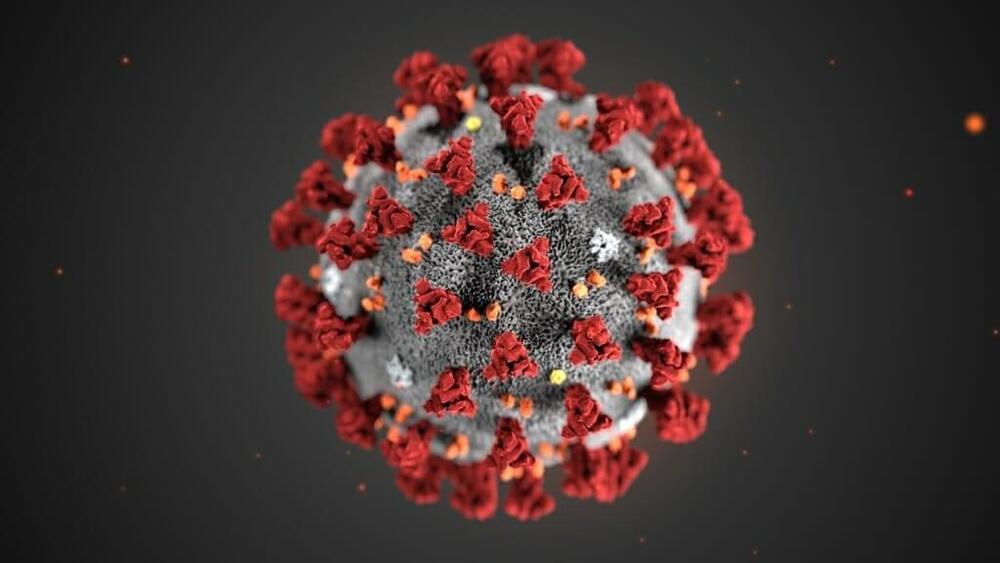Viruses can be wily adapters, changing their identities to find new hosts and thwart efforts to stop them. That’s why University of Wisconsin-Madison researchers and their collaborators are making progress toward developing universal vaccines against some the planet’s most harmful pathogens, including the virus family responsible for the COVID-19 pandemic.
Last fall, the National Institutes of Health announced it was investing in three teams working to develop a vaccine that would simultaneously work against a broad range of coronaviruses. Among them is a research collaboration, the Pan-Coronavirus Vaccine consortium, led by UW-Madison School of Veterinary Medicine Professor of Pathobiological Sciences Yoshihiro Kawaoka.
“This pan-coronavirus vaccine is basically preparing for the future,” Kawaoka says.
If the world already had a pan-coronavirus vaccine in March 2020, it could have served as a mitigation tool until vaccines specific to SARS-CoV-2 could be developed.




